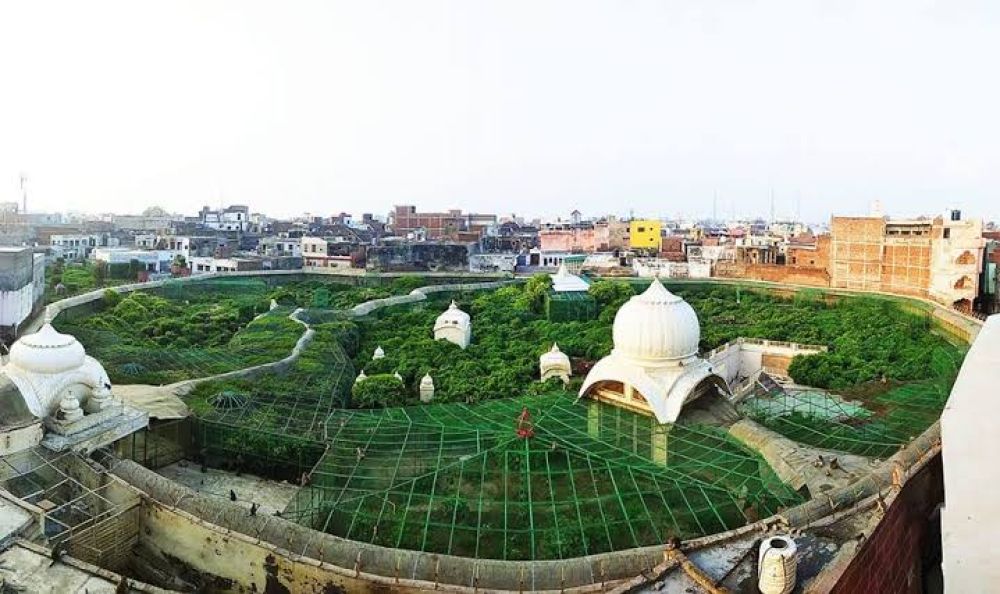

The sacred town of Vrindavan in Uttar Pradesh, India, is prominently known for its deep spiritual significance to Hindus worldwide. Amongst the various religious sites, Seva Kunj and Nidhuban stand out as epitomes of devotion and the embodiment of Lord Krishna's pastimes with Radha and the gopis (milkmaids) of Vrindavan. The intertwining tales of divine love and spirituality have attracted pilgrims and tourists for centuries.
Vrindavan's history as a pilgrimage destination dates back to antiquity. It is mentioned in various ancient texts, including the Mahabharata and Bhagavata Purana. However, the prominence of Vrindavan as a key pilgrimage spot surged during the 16th century when Saint Chaitanya Mahaprabhu rediscovered the lost sites associated with Lord Krishna's early life. Consequently, Vrindavan underwent a spiritual renaissance with an influx of devotees looking to experience the divine connection attributed to the locale.
Among these rediscovered sites, Seva Kunj and Nidhuban garnered special attention. Seva Kunj is famed for being the location where Lord Krishna would perform the Raaslila, his divine dance with Radha and the gopis. The site is adorned by a beautiful garden and a temple with idols of Radha and Krishna that attract visitors year-round. As per the traditional beliefs, no one is allowed to enter the premises at night because it is said that Krishna and Radha still come to perform Raaslila.
Nidhuban is another important area closely associated with the playful and romantic escapades of Radha and Krishna. It is believed to be the place where they would rest after the divine dance. The garden is full of basil plants, and a small temple represents the divine bed of the couple, further accentuating the area's religious significance.
Tourism in Seva Kunj and Nidhuban has traditionally been religious tourism, driven by the festive seasons and auspicious dates in the Hindu calendar. Janmashtami (Lord Krishna’s birthday) and the month of Kartik are particularly significant times when the number of pilgrims surges dramatically.
Over the years, the local administration and various non-profit organizations have undertaken numerous initiatives to preserve these sacred sites and enhance the visitor experience. Efforts have been made to maintain the sanctity while accommodating the needs of the modern-day traveler.
In recent times, Vrindavan has seen a diversification of its tourism base. While religious tourism remains predominant, there is an increasing trend towards cultural tourism, where visitors seek to immerse themselves in the local traditions, music, and cuisine. The area also sees a rise in eco-spiritual tourism, where visitors engage in activities that are both environmentally conscious and spiritually enriching.
Furthermore, the Government of India’s ‘Swadesh Darshan Scheme’ aims to develop theme-based tourist circuits in the country. The Braj circuit, of which Vrindavan is a key component, is being developed under this scheme to further bolster infrastructure and promote holistic tourism, ensuring that the spiritual essence of Seva Kunj and Nidhuban continues to attract and enthrall visitors from around the world.
The enduring charm of Seva Kunj and Nidhuban lies in their timeless connection to divinity and the cultural tapestry of Vrindavan. As the town modernizes and its tourism industry evolves, the sacred narratives and serene beauty of these sites continue to offer a unique and soulful experience to all who visit.